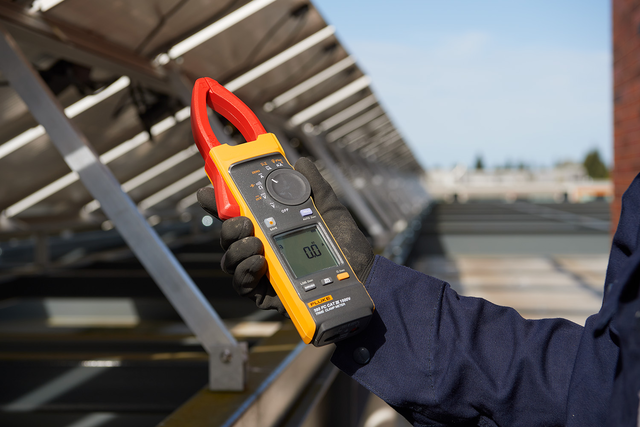Jman99
Newbie

I have a small Engel compressor fridge and are using a basic plug n play inline DC wattmeter to get an idea of the power consumption. The problem is it reads 2.8amps/37watts draw average ( which I verified with a clamp meter and handheld dmm) and the compressor is on continuously due to the summer heat, so in each hour I recorded the amp hours and watt hours, yet instead of getting 2.8ah/37wh in an given hour, the meter always reads about 1.7ah/22wh.
These fridges from what I have heard convert the DC to ac 20v square wave to run the compressor. So I then ran the fridge on 240vac with a mains inline wattmeter and got 44wh in any hour.
So very confused, which power consumption is accurate? The DC or ac meter?
Just trying to know what my fridge draws and what's happening here.
Thanks
These fridges from what I have heard convert the DC to ac 20v square wave to run the compressor. So I then ran the fridge on 240vac with a mains inline wattmeter and got 44wh in any hour.
So very confused, which power consumption is accurate? The DC or ac meter?
Just trying to know what my fridge draws and what's happening here.
Thanks



